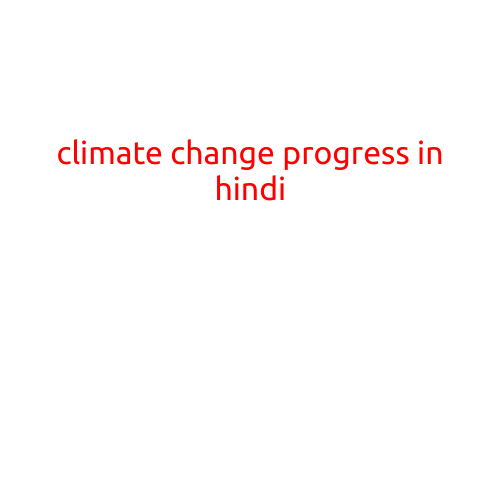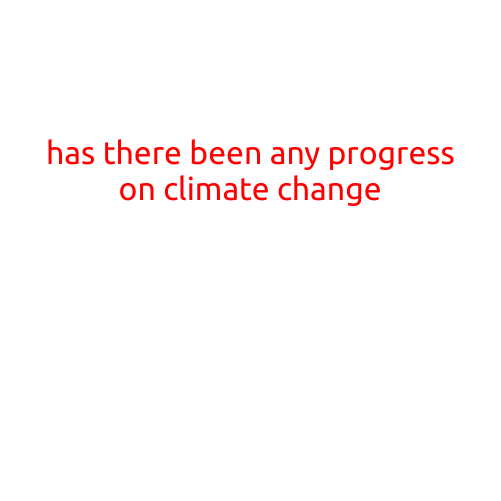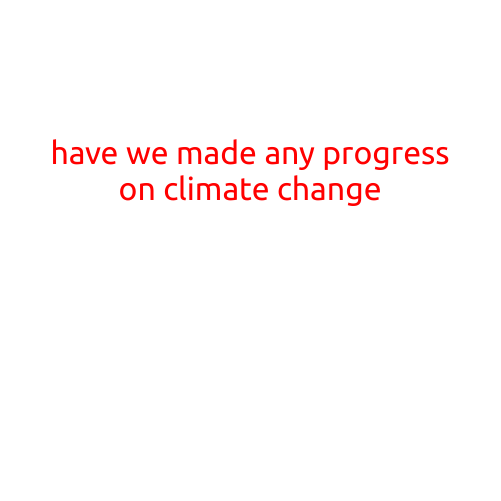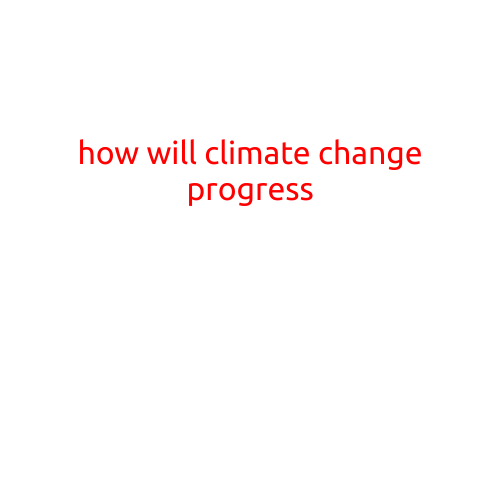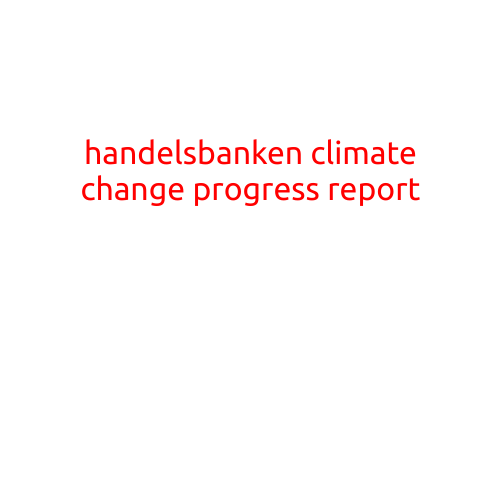The Lancet Countdown: Tracking Progress on Health and Climate Change
The Lancet Countdown is a global collaboration that tracks the health impacts of climate change and highlights the need for urgent action to mitigate the effects of this growing crisis. In its latest report, the Countdown has issued a stark warning: the world is not on track to meet the goals of the Paris Agreement, and the consequences for human health will be severe unless immediate action is taken.
The Science Behind the Countdown
Climate change is not just an environmental issue, but a health crisis in the making. Rising temperatures and associated extreme weather events, such as heatwaves, droughts, and floods, are already impacting human health in profound ways. The Lancet Countdown uses a range of indicators to track the effects of climate change on health, including:
- Temperature-related mortality: Rising temperatures are already causing a significant increase in deaths, particularly among vulnerable populations such as the elderly and young children.
- Air pollution: Climate change is exacerbating air pollution, exposing millions of people to dangerous levels of particulate matter, ozone, and other pollutants.
- Food insecurity: Changes in temperature and precipitation patterns are threatening global food supplies, leading to increased malnutrition and food insecurity.
- Vector-borne diseases: Climate change is altering the distribution and prevalence of vector-borne diseases, such as malaria, dengue fever, and zika virus.
- Mental health: The psychological impacts of climate change, including stress, anxiety, and depression, are already being felt by individuals and communities worldwide.
The Countdown’s Four Key Findings
The Lancet Countdown’s latest report highlights four critical findings that underscore the urgent need for action:
- Temperature-related mortality is on the rise: Between 2000 and 2019, temperature-related mortality increased by 52% globally, with the greatest impacts felt in low- and middle-income countries.
- Air pollution is a major threat: Exposure to outdoor air pollution has increased by 30% globally since 2000, with the most significant impacts felt in Asia and Africa.
- Food insecurity is on the horizon: The number of people at risk of food insecurity due to climate-related shocks is projected to increase by 20% by 2050, with the greatest impacts felt in Africa and Asia.
- Vector-borne diseases are spreading: The likelihood of vector-borne disease outbreaks is increasing due to climate change, with the World Health Organization estimating that climate change could lead to an additional 6 million cases of malaria, 10 million cases of dengue fever, and 1 million cases of zika virus by 2050.
The Call to Action
The Lancet Countdown’s report is a wake-up call for governments, policymakers, and individuals around the world. The findings are clear: climate change is a health crisis that requires immediate attention and action.
To mitigate the effects of climate change, the Countdown is calling for:
- Rapid transition to renewable energy sources: A shift away from fossil fuels is critical to reducing greenhouse gas emissions and addressing air pollution.
- Increased investment in climate-resilient infrastructure: Investing in sustainable infrastructure is key to protecting communities from the impacts of climate change.
- Strengthened public health systems: Upholding the integrity of public health systems is essential to detecting, responding to, and preventing the health impacts of climate change.
- Global cooperation and climate diplomacy: International cooperation and climate diplomacy are crucial to scaling up climate action and addressing the global health impacts of climate change.
Conclusion
The Lancet Countdown is a powerful tool for tracking the progress of climate action and highlighting the critical role that health must play in the global response. The publication’s findings are clear: climate change is a health crisis that requires immediate attention and action. As the world looks to the future, it is imperative that we prioritize the health of people and the planet, and work together to mitigate the devastating impacts of climate change.
